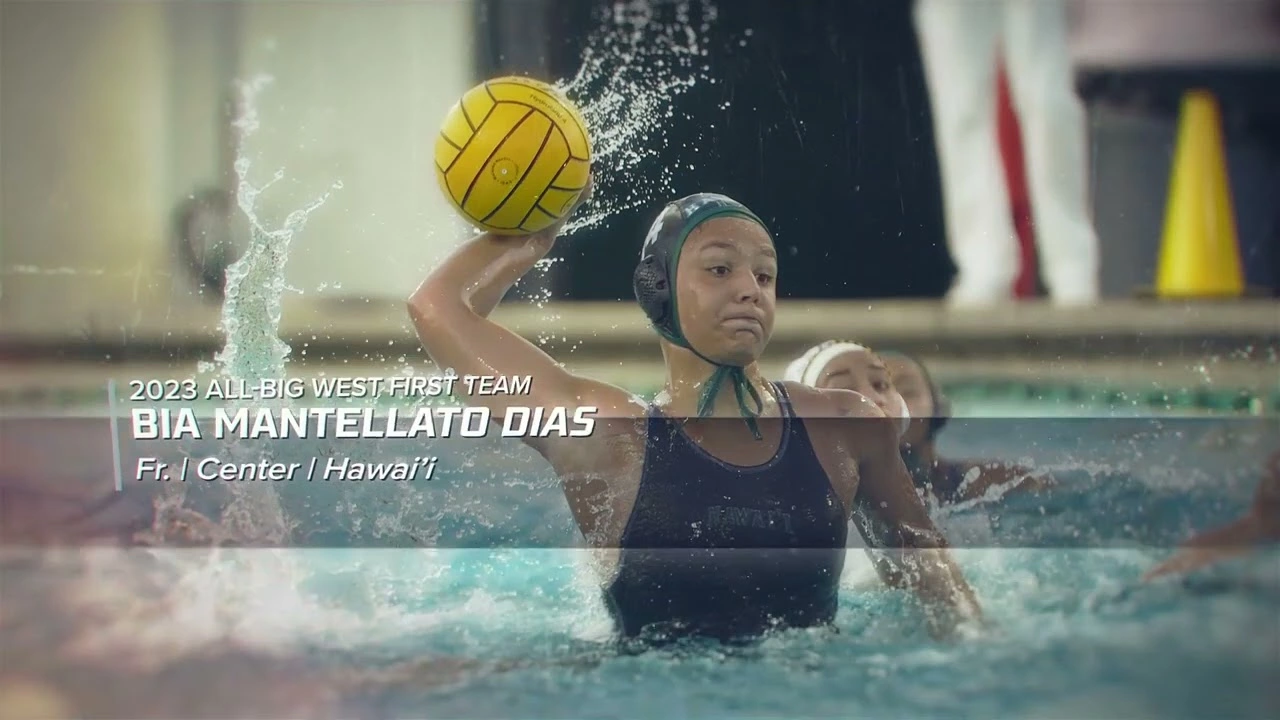Division 3 Sports Team: What You Need to Know
If you’ve ever wondered why some college athletes play without a full‑ride scholarship, the answer is usually Division 3. These teams belong to the NCAA’s DIII level, where the game is still serious but the school puts education and life balance first. You’ll find student‑athletes who train hard, travel for games, and still have time for classes, part‑time jobs, and a social life.
Unlike Division 1 and 2, DIII schools can’t offer athletic scholarships. That rule actually attracts a certain kind of player—people who love the sport for its own sake and want a real college experience. Coaches often talk about “playing for the love of the game,” and that vibe shows up on the field, court, or track.
Why Choose Division 3?
First, you get a balanced schedule. Most DIII teams play about 10‑12 games per season, so you’re not missing too many lectures. Second, the cost. Since there are no athletic scholarships, tuition stays the same for everyone, and you can apply for academic aid or need‑based help like any other student.
Third, the community feel. Smaller schools mean tighter fan bases, and coaches often know every player by name. That personal attention can help you improve faster and feel more supported during tough times.
Lastly, DIII can be a solid stepping stone. Some athletes get noticed by pro scouts or get invited to summer leagues, proving that high‑level talent still shines in Division 3.
How to Join a DIII Team
Start by researching schools that fit your academic goals. Look at the athletic department’s website for each sport—most list rosters, coaching staff, and contact info. Reach out to the coach with a short email: introduce yourself, share your stats, highlight any awards, and attach a short highlight reel if you have one.
Most DIII coaches will ask for a recent game film and a résumé of your athletic achievements. They also want to know how you’ll handle academics, so mention your GPA, major, and any extracurricular activities.
After the coach shows interest, you’ll likely get an invitation to a campus visit. Bring your passion, ask about practice schedules, travel budget, and academic support. Remember, DIII schools care about the whole person, so be ready to talk about your career plans outside sports.
If you’re already playing at a junior college or high school, ask your current coach for a recommendation. A strong endorsement can move you to the top of a DIII coach’s list.
Finally, stay realistic about the time commitment. DIII athletes usually practice 2‑3 hours a day, plus a weight‑room session and a game on weekends. It’s intense but doable with good time management.
Whether you’re eyeing a spot on a local college team or just curious about the DIII landscape, the key is to treat the sport like a part of your education, not the whole of it. That mindset will help you enjoy the game, succeed in class, and maybe even catch the eye of a pro scout down the line.
